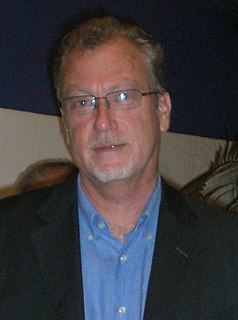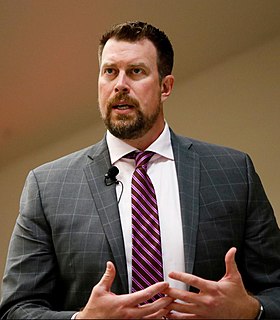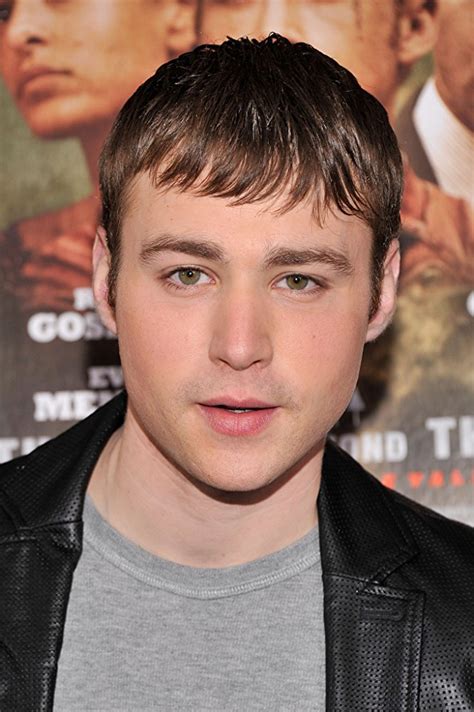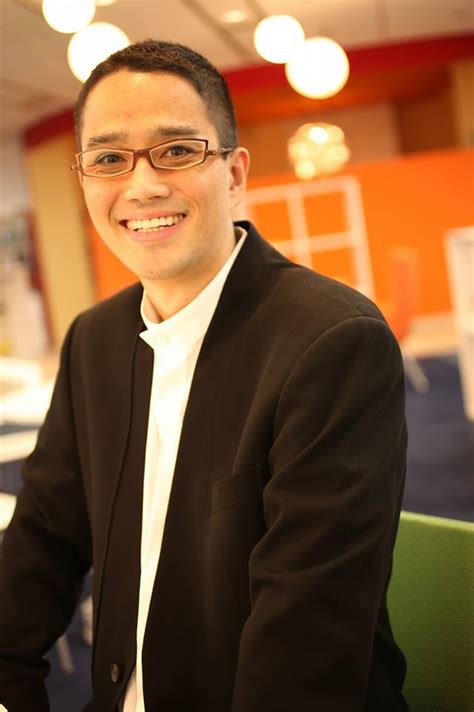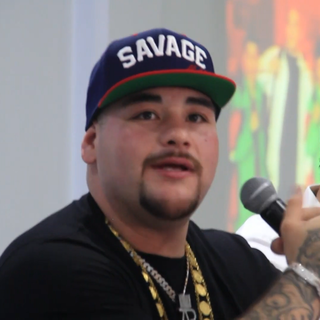A Quote by Clint Eastwood
Everybody is idealistic when you're a kid.
Quote Topics
Related Quotes
There was this kind of wackiness that was really embraced and put on a pedestal. It was before the millennium. We were envisioning a future that was mostly idealistic. I think that came crashing down a little bit in 9/11, or a lot. There is something about Portland that does seem to still exist in this total idealistic world and total idealistic mind frame, and I think that's what Dream of the '90s is talking about.






